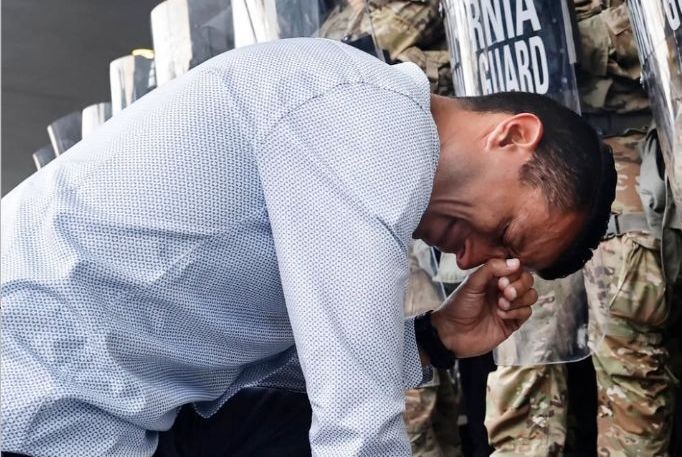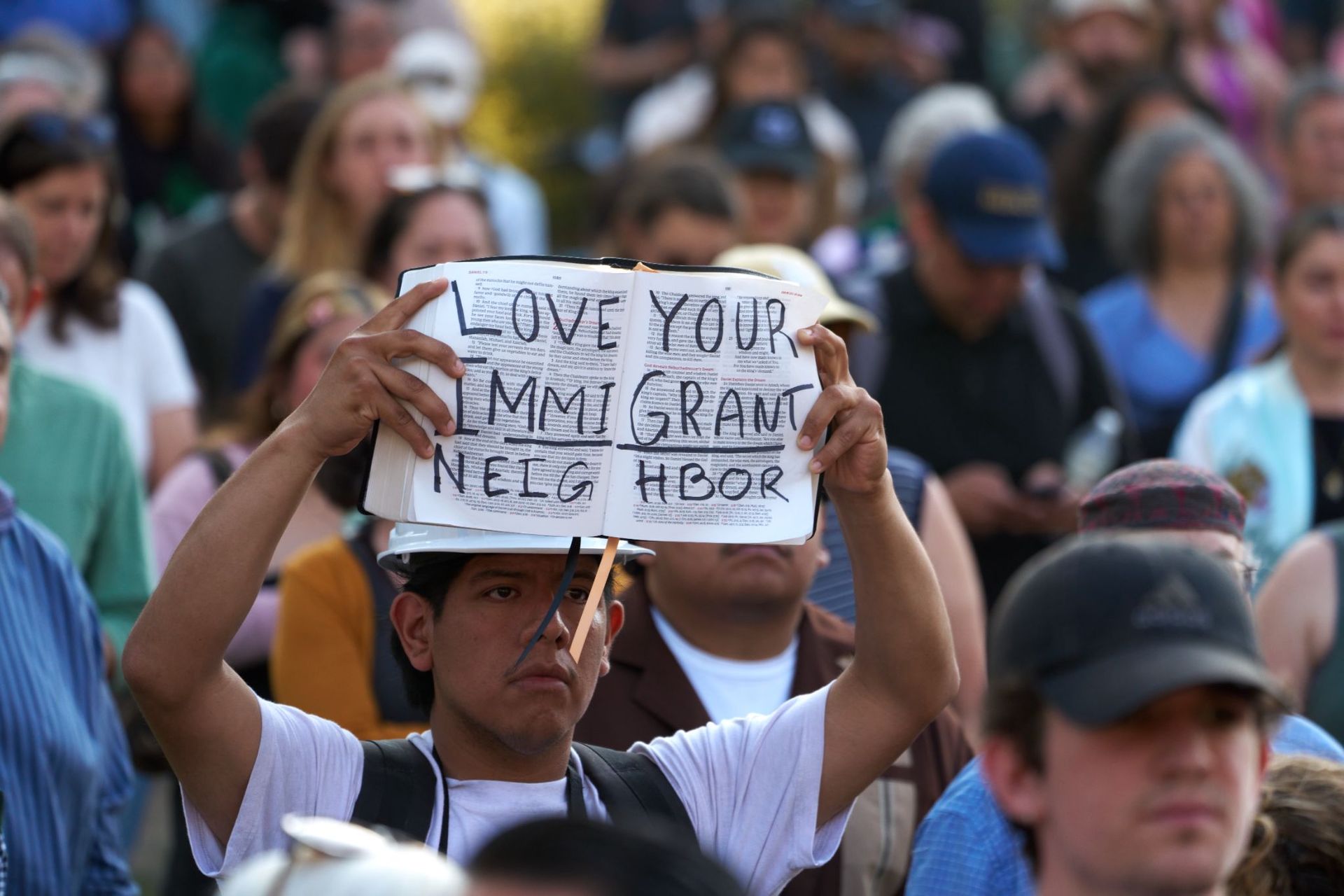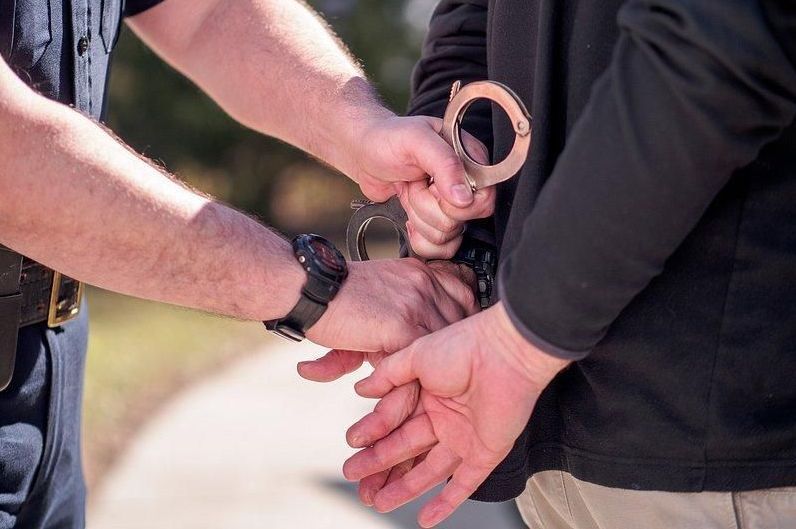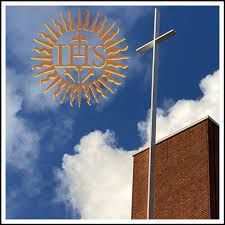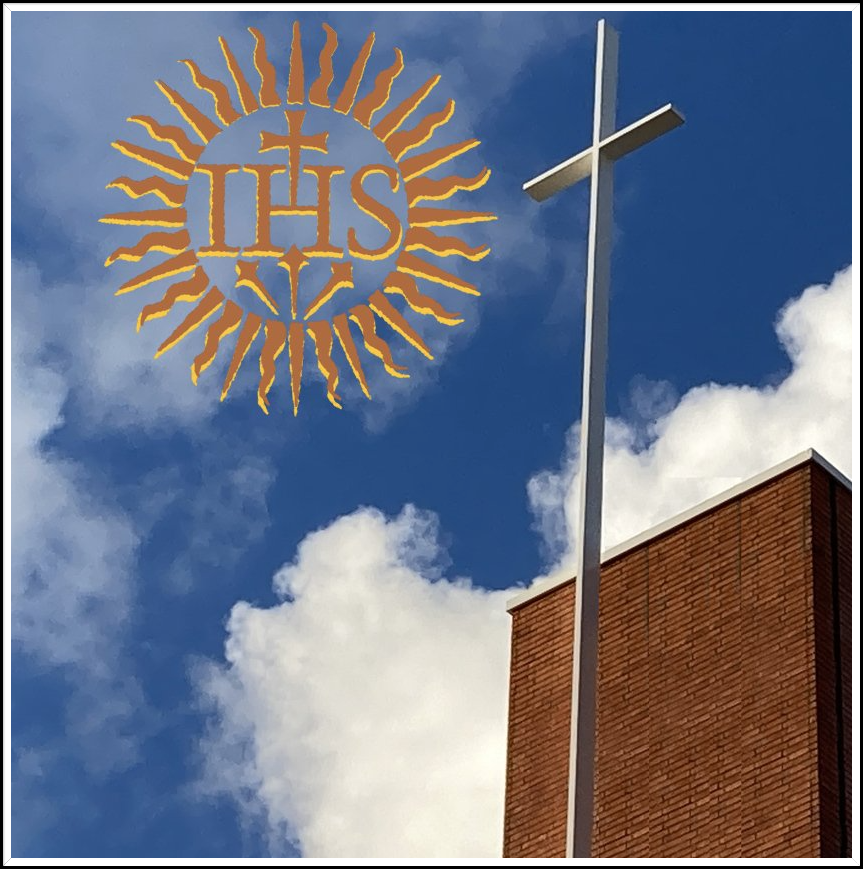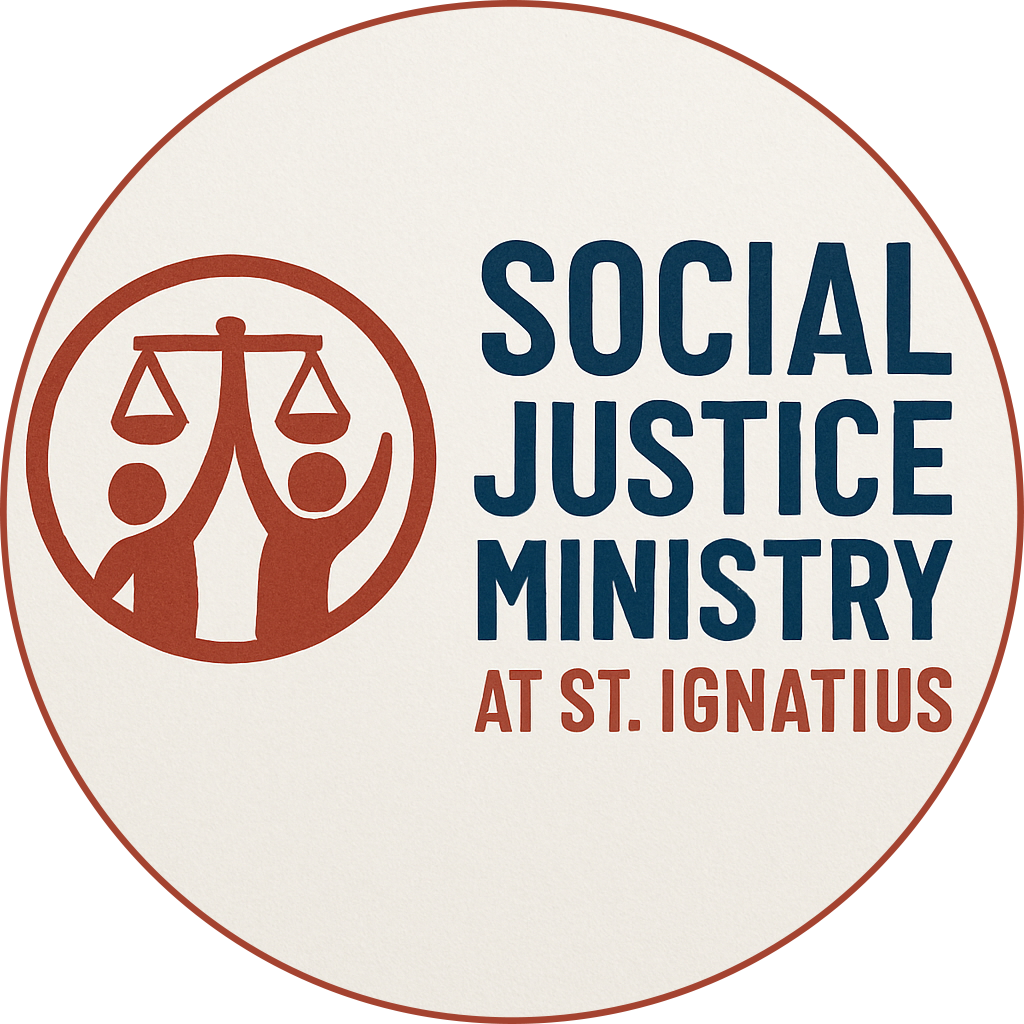
Social Justice Ministry
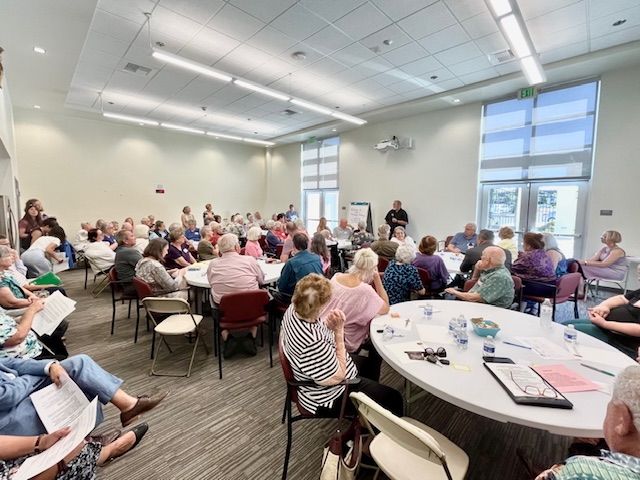
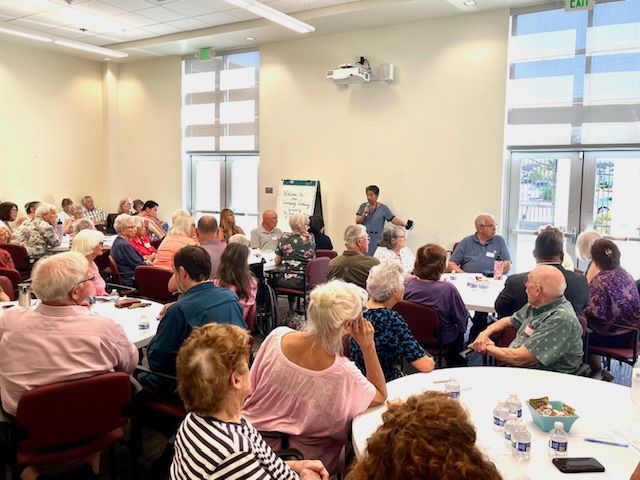
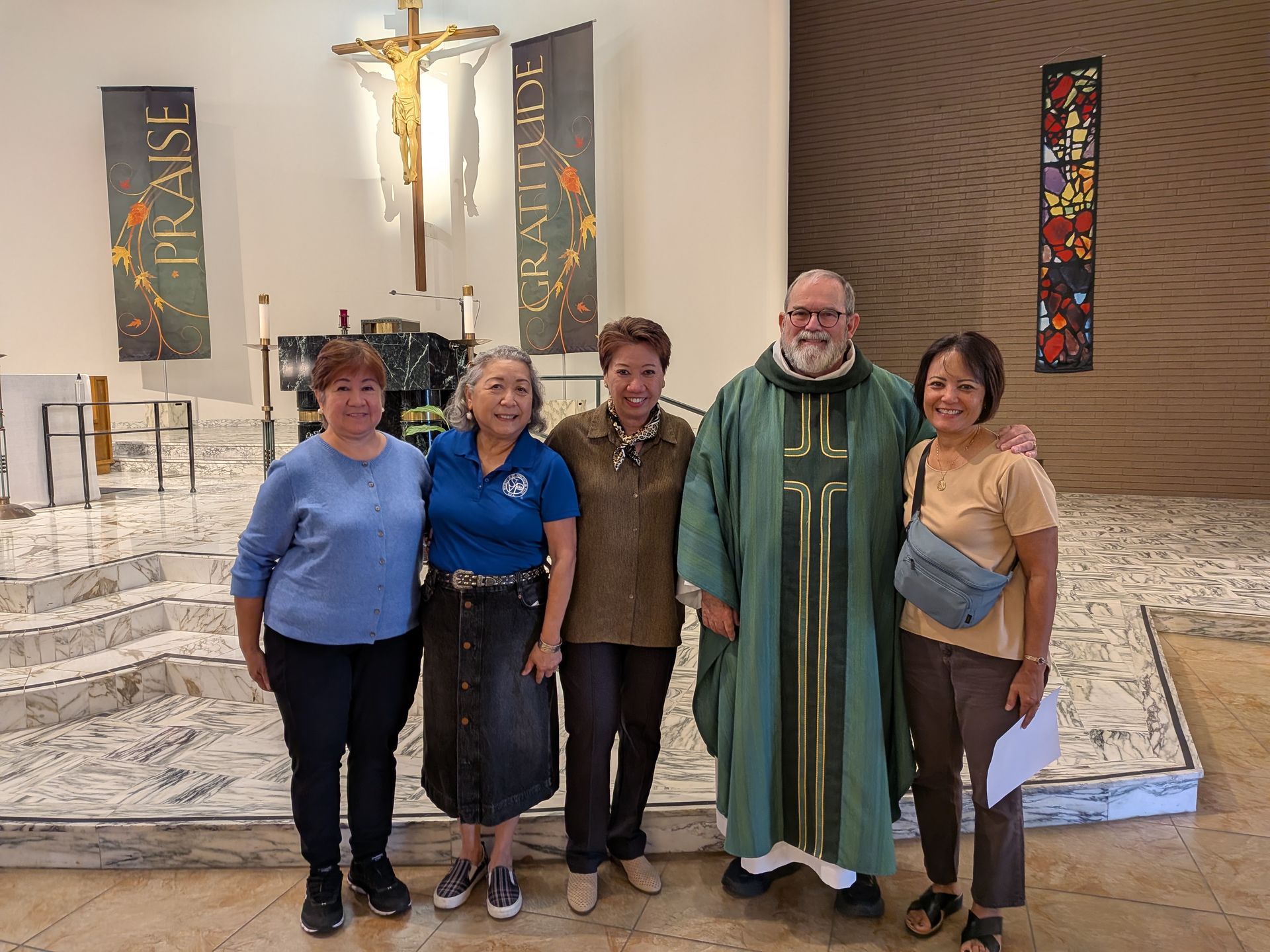
On Sunday, September 14th, St. Ignatius Parish hosted the first gathering of the new Social Justice Ministry in partnership with SacAct, a faith-based organization. Participants met in small “table groups” to reflect on current issues in our community, and three shared themes emerged:
1. Accompaniment: Praying for our immigrant neighbors and standing in solidarity with them; sharing and listening to each others’ stories, especially from immigrant voices; court watch
2. Education: Catholic social teaching, constitutional rights, news and information from reliable and faith-based media and organizations
3. Advocacy: Organizing local actions against injustice
There was strong consensus that the ministry’s initial focus should support our immigrant brothers and sisters. In the weeks that followed, ministry members and parishioners were invited to take part in several prayer and public-witness opportunities, including:
1. Interfaith Prayer Vigil on October 9th: Fr. Tom led a prayer and reflection on Pope Leo’s Dilexi Te (Love for the Poor) with other clergy leaders outside the Moss Federal Building where immigrants are being detained.
2. Pilgrims of Hope, Walking with Migrants Webinar on October 14th: Sponsored by the Diocesan Immigrant Support Network.
3. National Day of Catholic Public Witness for Immigrants–Mass and Rosary at St. Ignatius Parish on October 22nd: Co-sponsored with St. Vincent de Paul and Legion of Mary.
4. Rosary and Prayer Vigil on Nov. 14th: Held outside the Moss Federal Building to celebrate the feast day of St. Francis Cabrini.
Leadership Update: A few parishioners discerned the call of the Holy Spirit to co-lead the Social Justice Ministry- Natasha Barnum, Toni Rango, Margot Howard and Judith Tarrant. They have committed to shepherding this ministry to provide parishioners the opportunities to live our challenging call to discipleship. If you would like to volunteer, please email: socialjustice@stignatiussac.org, and provide your name and contact information. During these times, every person and every action counts.
